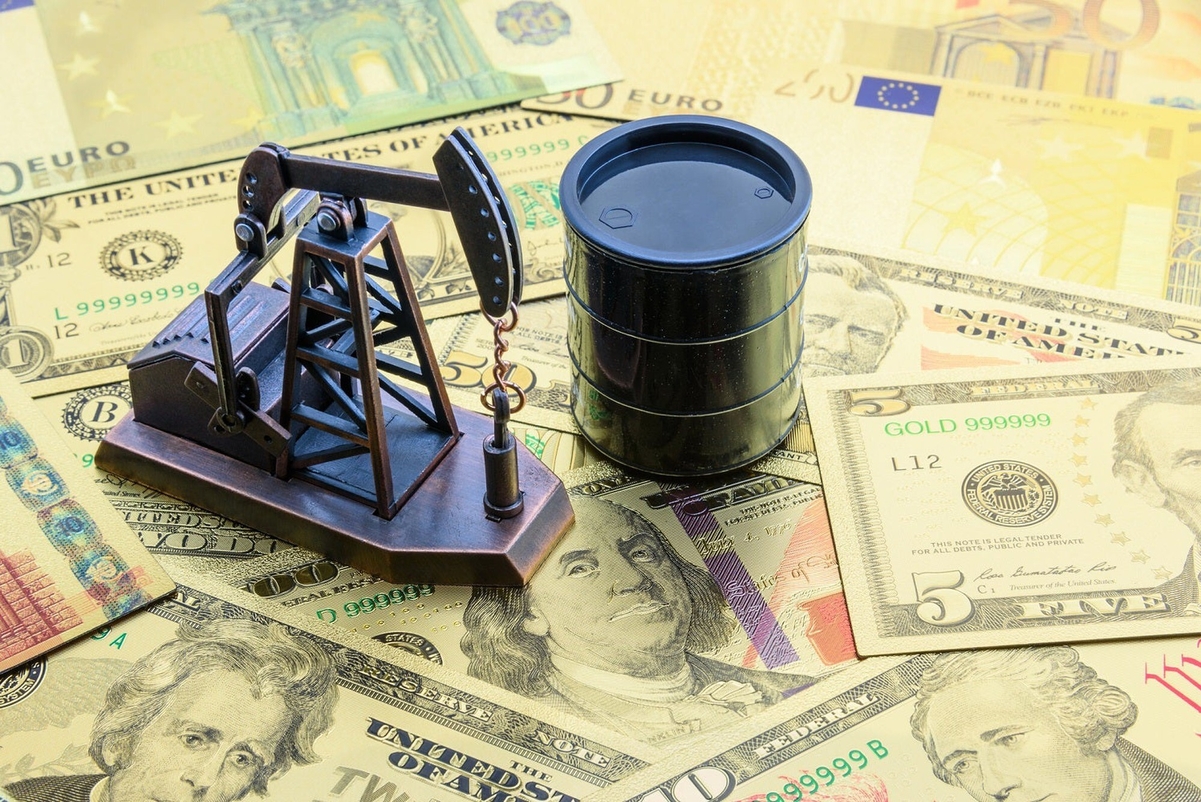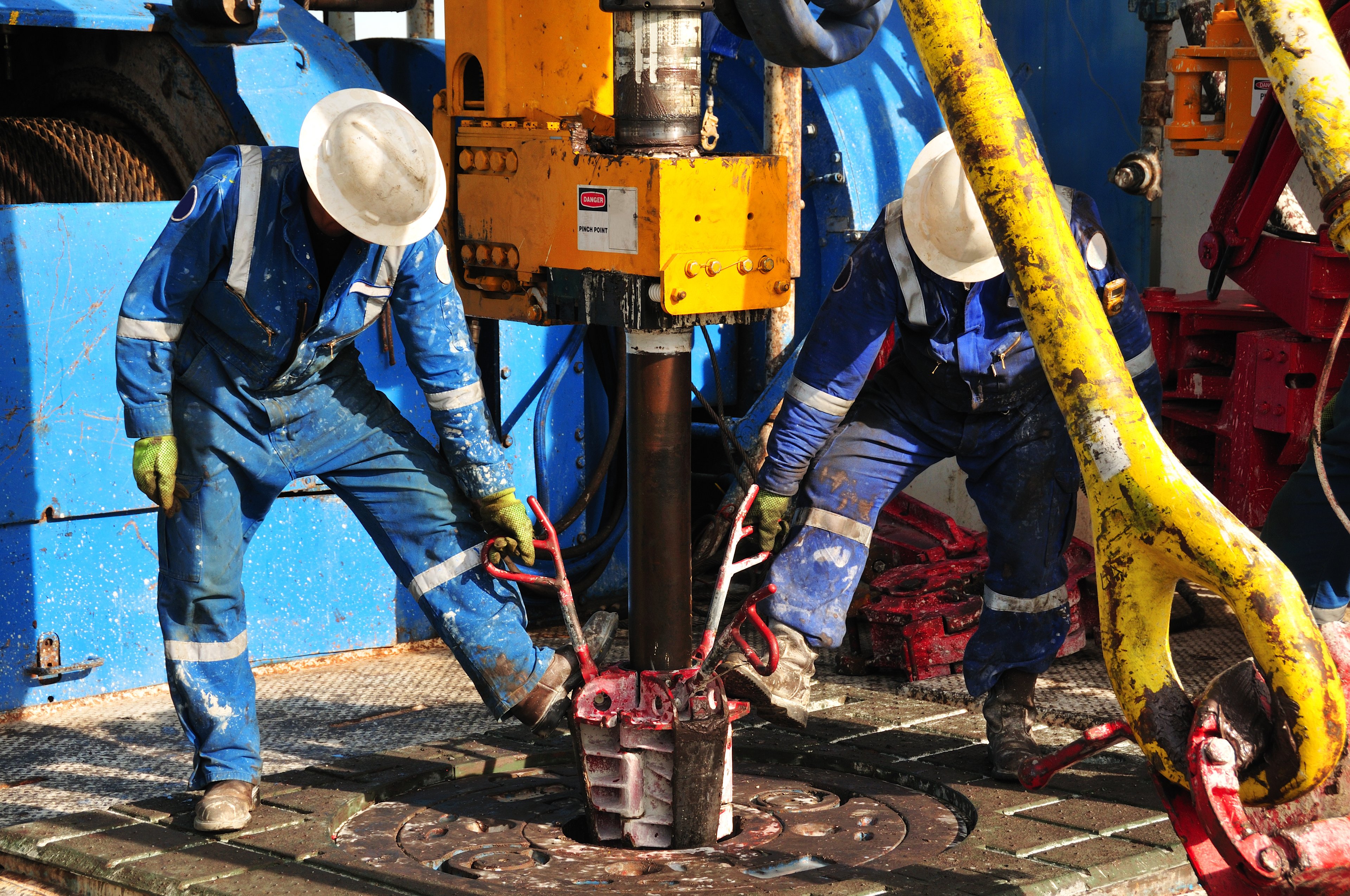In late 2017, Devon Energy (DVN +2.25%) unveiled its 2020 vision. The initiative aimed to reshape the energy company into one that could deliver peer-leading returns on invested capital for its shareholders. A key part of its strategy was to sell its lower-returning assets so that it could focus on investing in its best opportunities.
The company completed that transformation this week when it sold its remaining interest in the Barnett shale. As a result, it has become a top-tier, low-cost oil producer, which should enable it to generate lots of free cash flow in the coming years. That has it well positioned to enrich its investors.

Image source: Getty Images.
Wheeling and dealing
Devon Energy kicked off its 2020 vision in early 2018 by selling a portion of its land in the Barnett shale for $553 million. That transaction not only reduced its costs but also helped bolster its balance sheet and jump-start its capital return program. The company used a portion of those funds to pay down debt as well as launch a $1 billion share buyback program. It also boosted its dividend by 33%.
The company took an even bigger leap forward during the summer when it sealed a deal to sell its interest in EnLink Midstream (ENLC +0.00%) for $3.125 billion. By getting EnLink Midstream off its books, Devon was able to reduce its consolidated debt by 40%. That enabled the company to use most of the cash proceeds to buy back shares, which led it to boost its repurchase program to $4 billion.
Devon announced the final phase of its transformation this year when it launched processes to sell its Canadian business as well as the rest of its assets in the Barnett Shale. The company aimed to use the cash from those sales to pay off more debt as well as on additional stock repurchases, with it upping its buyback program to $5 billion. Devon would go on to exit Canada this past summer, selling those assets to Canadian Natural Resources (CNQ +2.59%) for $2.8 billion. The deal, which bolstered Canadian Natural Resources' lead as that country's biggest oil and gas producer, gave Devon the cash to pay off even more debt.
The company has now reached an agreement to sell the rest of its Barnett Shale assets for $770 million. It plans to use that cash to buy back even more stock, with it boosting its authorization to $6 billion.

Image source: Getty Images.
The new Devon Energy
Those repurchases have significantly reduced Devon's outstanding share count in recent years. The company has spent $4.8 billion on buying back its stock so far, which has reduced its outstanding share count by nearly 30%. With a current market value of $9.4 billion, the company could retire another 13% of its outstanding stock.
Even more impressive has been the reduction in Devon's oil breakeven level, which is the price point it needs crude so that it can fund its drilling budget. In 2020, the company can fund its capital program as well as its dividend on $48 oil. That's a huge improvement for a company that required crude in the $60s a few years ago to breakeven.
Because the company can deliver healthy production growth next year at a sub-$50 oil price, it's on track to produce significant free cash flow given that crude is around $60 a barrel these days. In the company's view, it can generate $675 million in free cash flow over the next year if oil remains around $60. That excess cash, when combined with the Barnett proceeds, will give it more than enough money to complete its share repurchase program.
Meanwhile, with an ultra-low-cost oil business, Devon will be able to consistently generate free cash flow in future years, even if crude prices decline. It will therefore have the funds to continue returning money to its shareholders via a growing dividend and additional share repurchases. That combination of growth and shareholder returns should boost the company's stock price.
An oil stock with lots of upside
Devon has completely remade its business over the past few years. However, despite that progress, shares have lost nearly 50% of their value even though the company has been buying them up as fast as it can. Devon thus trades at an absurdly cheap valuation these days given the amount of free cash flow it can produce in the next year at current oil prices. As such, its shares could have significant upside from here, making it a top oil stock to consider buying.







